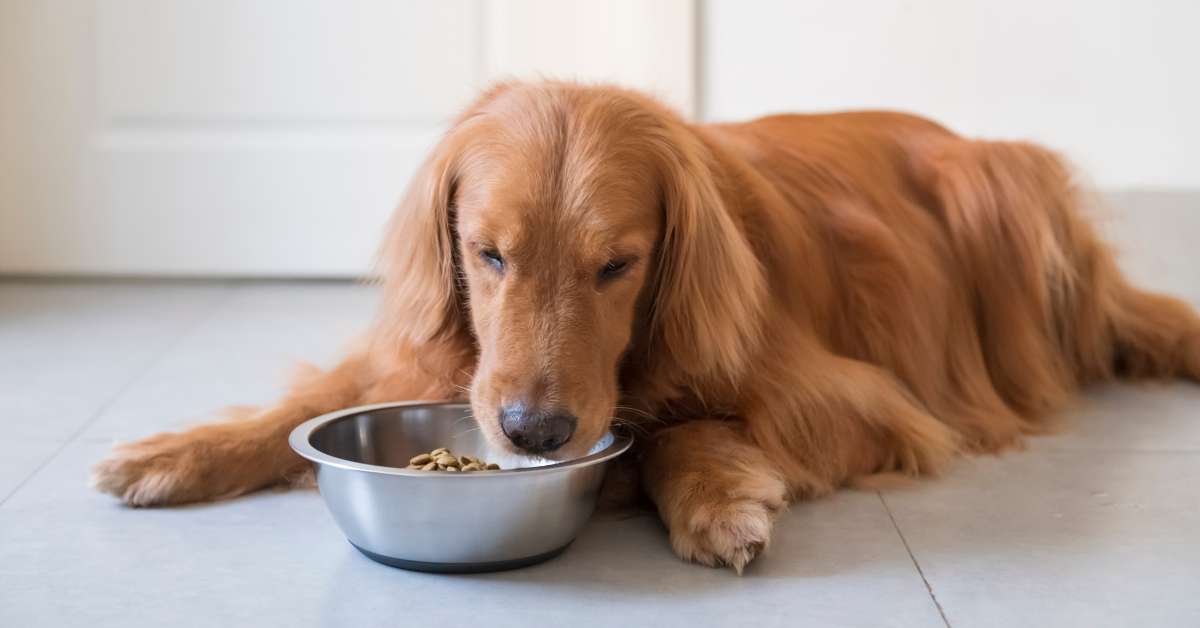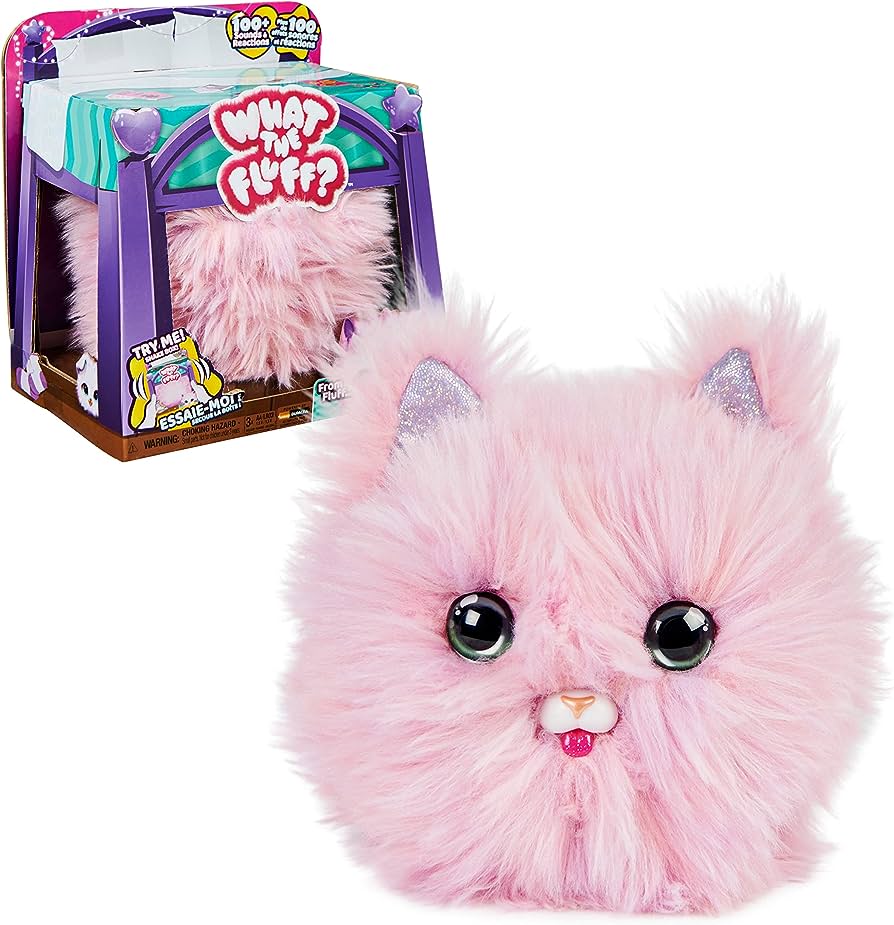Cats chew on plastic due to their natural curiosity and an instinctual need to explore new textures. As a result, they may be attracted to the crinkling sound and feel of plastic, which can simulate prey-like movements.
Additionally, some cats may chew on plastic as a way to alleviate teething pain or to satisfy their urge to gnaw. Over time, this behavior can become a habit and may pose potential health risks such as gastrointestinal blockages or poisoning from ingesting harmful chemicals found in plastic materials.
Therefore, understanding why cats engage in this behavior can help pet owners take necessary precautions to keep their feline companions safe from the dangers associated with chewing on plastic.

Credit: www.bulldogology.net
Understanding The Instinct Of Cats To Chew
Understanding the instinct of cats to chew is essential for cat owners. Cats have natural chewing instincts due to their hunting behavior. It is important to know what objects cats tend to chew on. Cats are attracted to various materials, including plastic.
By understanding their instinctive behavior, owners can provide alternative options for cats to satisfy their chewing needs and prevent them from chewing on harmful objects. It is crucial to create a safe environment for cats, where appropriate toys and items are provided to redirect their chewing behavior.
Remember, cats chewing on plastic can pose a danger to their health, so being aware of their natural instincts and providing suitable alternatives can help keep them happy and healthy.
Surprising Reasons Why Cats Chew On Plastic
Cats are known for their curious nature, and chewing on plastic is just another way for them to explore the world around them. It might also be an outlet for their oral fixation and teething, especially in younger cats. Additionally, the texture and crinkling sound of plastic can provide sensory stimulation and playful entertainment for felines.
Some cats may resort to chewing on plastic as a way to relieve stress and anxiety, much like humans biting their nails. Alternatively, cats might associate plastic with food and feeding behaviors, especially if they have encountered packaging that contained treats or meals.
Overall, the reasons why cats chew on plastic can vary, but it’s important for cat owners to provide safe alternatives and monitor their furry friends’ chewing habits to prevent any potential issues.
Potential Risks And Consequences Of Plastic Chewin
Cats chewing on plastic can pose potential risks, including choking hazards and obstructed airways. Additionally, ingesting plastic can lead to intestinal blockages and digestive issues. The harmful chemicals present in plastic also carry toxicity risks. Furthermore, sharp edges on plastic objects can cause injuries to cats.
In such cases, veterinary interventions become necessary, and various treatment options are available.
Strategies To Prevent And Manage Plastic Chewing Behavior
Cats chewing on plastic can be a behavioral issue that cat owners need to address. To prevent and manage this behavior, creating a cat-friendly environment is crucial. Providing alternative chewing options, such as cat-safe chew toys, can divert their attention from plastic.
Engaging toys that provide mental stimulation can also help keep cats occupied and less likely to chew on plastic. Training and discipline techniques, like positive reinforcement and redirecting their focus, can be effective in teaching cats not to chew on plastic.
However, if the behavior persists or becomes concerning, seeking veterinary advice is advisable. Veterinarians can provide further guidance and identify any underlying health or behavioral issues that may contribute to the behavior. By implementing these strategies, cat owners can prevent and manage their cat’s plastic chewing behavior effectively.
Frequently Asked Questions On Why Do Cats Chew On Plastic
Why Do Cats Chew On Plastic?
Cats may chew on plastic for various reasons. It could be due to boredom, dental issues, or a form of play behavior. Some cats even find the texture of plastic appealing and enjoyable to chew on. However, it is important to discourage this behavior as chewing on plastic can be dangerous and potentially harmful to their health.
Conclusion
The behavior of cats chewing on plastic may seem peculiar, but it stems from a combination of factors. From feline instinct to dental issues, there are various reasons why these curious creatures engage in this behavior. Cats may be attracted to the texture and crinkling sound of plastic, or they might be seeking attention or relief from stress or boredom.
However, it’s important to note that chewing on plastic can be dangerous for cats, as it may pose a choking hazard or lead to intestinal obstruction. As responsible pet owners, it’s crucial to discourage this behavior by providing alternative toys and regularly checking for any potential hazards in their environment.
By understanding the underlying reasons why cats chew on plastic and taking appropriate steps to prevent it, we can ensure the safety and well-being of our feline friends.



